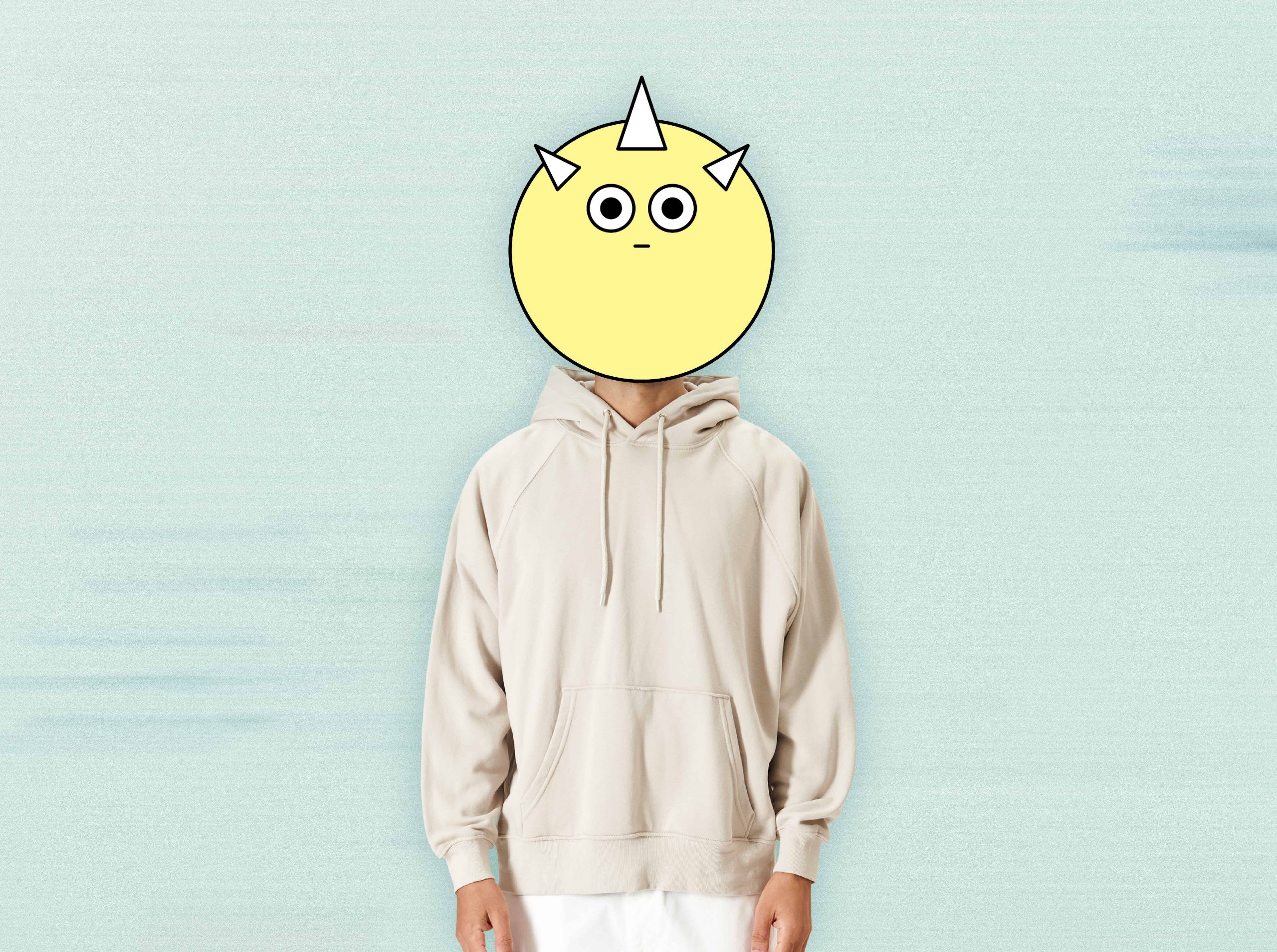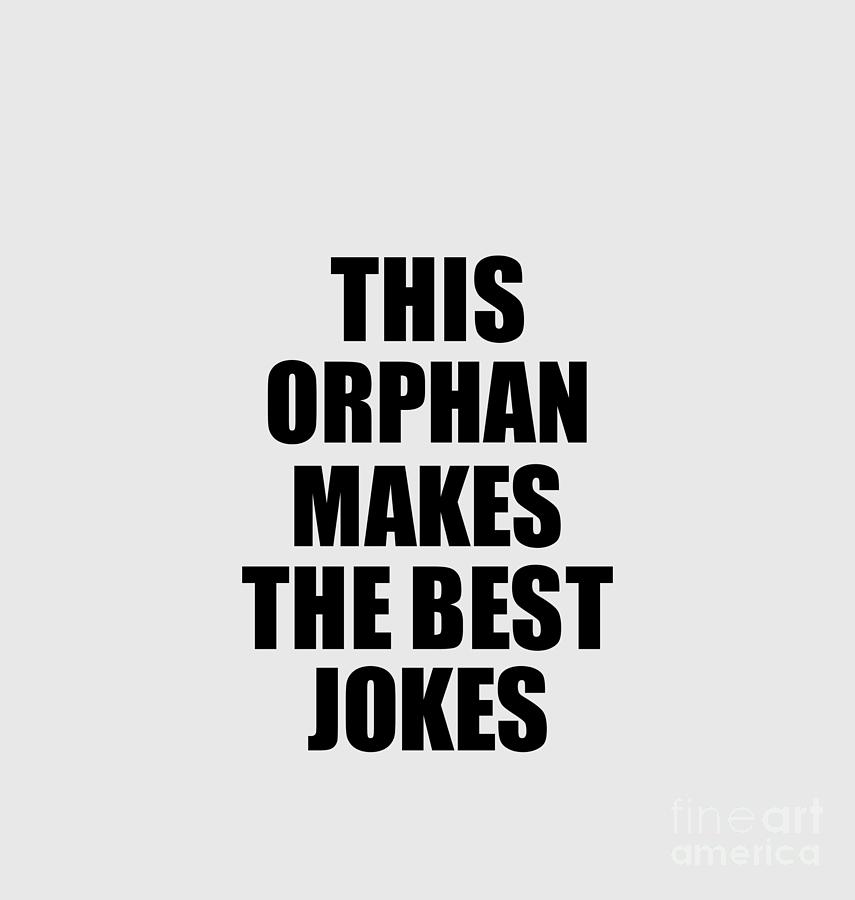Let’s talk about something that’s been buzzing around the internet lately – messed up jokes about orphans. These jokes, while often meant to be humorous, can actually be harmful and insensitive. They might seem harmless at first glance, but they carry a weight that goes beyond just a few laughs. So, why are these jokes so problematic? And what can we do to create a more empathetic and understanding culture?
Humor is a powerful tool, but it’s not always used for good. Sometimes, it’s used to make light of serious issues, and that’s where things can get messy. Orphans, as a group, already face so many challenges in life. From societal stigma to financial instability, they have enough on their plate without having to deal with jokes that trivialize their experiences.
But here’s the thing – we’re not here to cancel anyone. We’re here to have an open, honest conversation about why these jokes are problematic and how we can move forward in a way that’s both funny and respectful. So, buckle up, because we’re diving deep into this topic.
Read also:Annie F Downs Ryman The Rising Star Of Music And Beyond
What Are Messed Up Jokes About Orphans?
First things first, let’s define what we’re talking about. Messed up jokes about orphans are those that poke fun at the struggles, circumstances, or even the very identity of orphans. These jokes might seem like harmless banter, but they often reinforce negative stereotypes and perpetuate harmful narratives.
For example, you might come across a joke like, “Why don’t orphans play hide and seek? Because nobody looks for them.” Sure, it might get a chuckle or two, but it also reinforces the idea that orphans are forgotten or unimportant. And that’s just not okay.
These jokes might be shared on social media, in comedy clubs, or even in casual conversations. But no matter where they pop up, their impact can be significant – especially for those who have experienced life as an orphan.
Why Are These Jokes So Harmful?
Now, let’s break down why these jokes are so problematic. First and foremost, they dehumanize orphans. When we make light of their struggles, we’re essentially saying that their pain isn’t worth acknowledging. And that’s a dangerous precedent to set.
Here are a few reasons why these jokes are harmful:
- They perpetuate stereotypes about orphans being unwanted or unloved.
- They dismiss the very real challenges that orphans face in their daily lives.
- They create a culture of insensitivity that can make it harder for orphans to feel accepted and understood.
Think about it – if someone made a joke about a group you belonged to, would you find it funny? Probably not. And that’s the point. We need to be more mindful of the impact our words have on others.
Read also:Unveiling The Magic Of Fascination Stores Where Unique Finds Await
Understanding the Orphan Experience
Before we dive deeper into why these jokes are problematic, let’s take a moment to understand the orphan experience. Being an orphan isn’t just about losing parents – it’s about navigating a world that often doesn’t understand or support you.
Orphans often face:
- Financial instability
- Social stigma
- Limited access to resources and opportunities
- Emotional trauma from losing loved ones
And that’s just the tip of the iceberg. So, when we make jokes about orphans, we’re not just making fun of a group of people – we’re making fun of their struggles and their pain.
Data and Statistics: The Reality of Orphanhood
Let’s talk numbers for a second. According to UNICEF, there are over 140 million orphans worldwide. That’s a staggering number, and it highlights just how widespread this issue is. But here’s the thing – these aren’t just statistics. These are real people with real stories and real struggles.
And yet, despite the challenges they face, orphans are often overlooked in conversations about social justice and equality. It’s time to change that.
How Do These Jokes Affect Orphans?
Now, let’s talk about the impact of these jokes on orphans themselves. For starters, they can be incredibly hurtful. Imagine being an orphan and hearing a joke that makes light of your experiences. It’s not just a joke – it’s a reminder that your pain isn’t taken seriously.
But it’s not just orphans who are affected. These jokes also shape the way society views orphans as a whole. When we make fun of orphans, we’re sending a message that it’s okay to dismiss their struggles. And that’s a message we need to stop spreading.
The Psychological Impact
Research has shown that jokes about sensitive topics can have a profound impact on mental health. For orphans, these jokes can exacerbate feelings of isolation and unworthiness. They can also make it harder for orphans to trust others and form meaningful relationships.
So, if we really care about creating a more compassionate world, we need to rethink the way we use humor. It’s not about being politically correct – it’s about being human.
Can Jokes About Orphans Ever Be Funny?
Now, here’s a question that’s been on a lot of people’s minds – can jokes about orphans ever be funny? The answer is complicated. On one hand, humor can be a powerful tool for bringing attention to important issues. On the other hand, it’s all about how the joke is delivered.
Here are a few things to consider:
- Is the joke respectful? Does it acknowledge the struggles of orphans without making light of them?
- Is the joke inclusive? Does it promote empathy and understanding, or does it reinforce harmful stereotypes?
- Is the joke empowering? Does it give a voice to orphans, or does it silence them?
Ultimately, it’s possible to make jokes about orphans that are both funny and respectful. But it takes thoughtfulness and sensitivity to get it right.
How Can We Do Better?
So, what can we do to create a more empathetic and understanding culture? Here are a few ideas:
- Start by listening to orphans and amplifying their voices.
- Be mindful of the language we use and the jokes we tell.
- Support organizations that help orphans and their families.
- Engage in conversations about the challenges orphans face and how we can help.
It’s not about being perfect – it’s about making an effort to be better. And that’s something we can all do.
Empathy in Action
Empathy is all about putting yourself in someone else’s shoes. When it comes to orphans, that means taking the time to understand their experiences and challenges. It means being willing to have uncomfortable conversations and making changes in our own behavior.
And let’s be real – empathy isn’t always easy. But it’s worth it. Because when we show empathy, we create a world where everyone feels seen, heard, and valued.
Conclusion: Let’s Build a Kinder World
So, there you have it – a deep dive into messed up jokes about orphans and why they’re so problematic. Humor is a powerful tool, but it’s one that needs to be used carefully. When we make jokes about orphans, we’re not just making fun of a group of people – we’re making fun of their struggles and their pain.
But here’s the good news – we can do better. By being more mindful of the jokes we tell and the language we use, we can create a culture that’s more empathetic and understanding. And that’s something we can all get behind.
So, what’s next? Leave a comment and let us know your thoughts. Share this article with your friends and family. And most importantly, keep the conversation going. Because when we talk about these issues, we create change. And that’s something worth laughing about.
Table of Contents
- What Are Messed Up Jokes About Orphans?
- Why Are These Jokes So Harmful?
- Understanding the Orphan Experience
- How Do These Jokes Affect Orphans?
- Can Jokes About Orphans Ever Be Funny?
- How Can We Do Better?
- Conclusion


